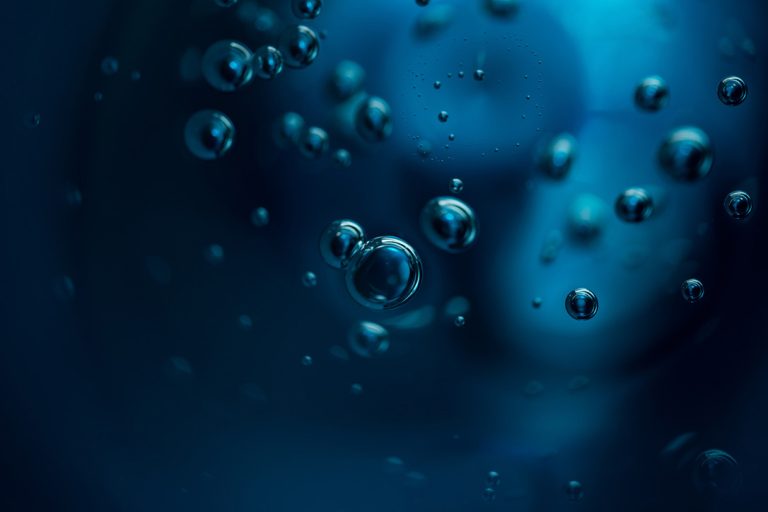The world’s largest shipping companies are already mapping a future where oil is no longer the industry’s anchor fuel. The transition will not be sudden, but the expectation is that by the next decade the shift towards alternative fuels will gather momentum, reshaping how capital is allocated across the global fleet.
Senior figures from Maersk, MOL, and Tata NYK have signalled a turning point. They expect that between 2030 and 2040 the bulk of volume will shift to low-carbon or zero-carbon fuels (ammonia, methanol, biomethane), propelled by tightening rules and incentives. Today’s dual-fuel ships and gradual rollouts of LNG or low-carbon methanol are transitional steps, chosen in part for optionality. The view is that any vessel built now must be fuel-agnostic enough to survive the regulatory and market shifts to come.
Parallel to that is a wave of technological experimentation on the engineering side. Projects are underway to bring maritime-adapted photovoltaics, novel combustion engines for ammonia, waste-heat reuse, digital energy management systems, and modular propulsion enhancements into mainstream shipping.
Quadrise plc (LON:QED) is an energy technology provider whose solutions enable production of cheaper, cleaner, simpler and safer alternatives to fuel oil and biofuels, proven in real world applications. Quadrise technologies produce transition fuels called MSAR® and bioMSAR™, which allow clients in the shipping, utilities and industrial sectors to reduce carbon emissions whilst also saving costs.







































